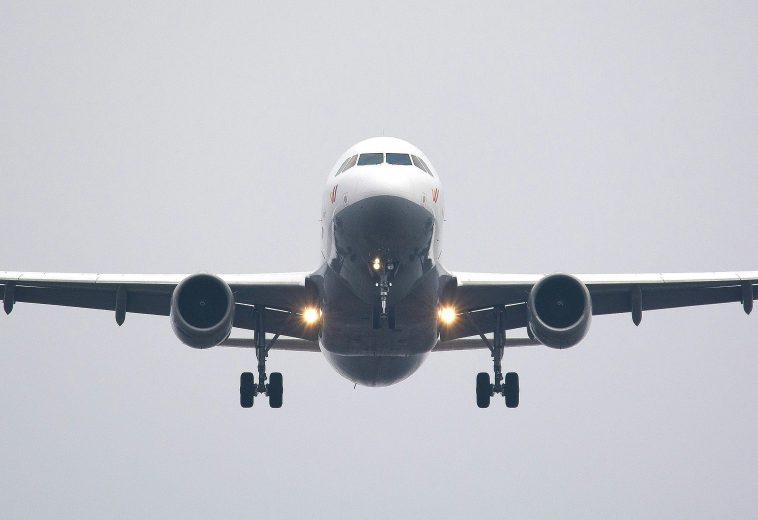The African Development Bank (AfDB) forecasted that in 2024, six of the world’s ten fastest-growing economies will hail from Africa, including nations like Rwanda, Côte d’Ivoire, and Benin. This trajectory has been propelled by sustained investment in infrastructure, burgeoning entrepreneurship, and a youthful, ambitious workforce. Africa’s real GDP is projected to grow by 4.5% annually, outpacing many regions within the Global South.
Africa’s economic dynamism has made it a pivotal player in the Global South coalition. Recent initiatives, such as South Africa’s presidency of the G20, have positioned the continent as a bridge between emerging markets and established economic powers. The Development Bank of Southern Africa underscores the significance of these efforts, noting that African nations are championing dialogues on sustainable development, climate change, and equitable trade practices.
READ ALSO: Celebrating Dr. Ken Giami: A Visionary Leader Bridging Global South-South Cooperation
Economic Transformation
Africa’s evolution from resource dependency to innovation-led economies symbolises a remarkable paradigm shift. Countries like Kenya, Nigeria, and Senegal have become tech hubs, hosting start-ups that address local challenges with global implications. For instance, Kenya’s M-Pesa platform revolutionised financial inclusion, inspiring digital payment systems worldwide. Meanwhile, Nigeria’s fintech industry has attracted over $600 million in investment annually, according to McKinsey & Company.
Agriculture, long the backbone of African economies, is undergoing a renaissance driven by technology. Smart farming techniques and agri-tech innovations have increased productivity and bolstered food security. Rwanda’s efforts to digitise farming practices have resulted in a 25% increase in crop yields since 2020, illustrating how technology can revolutionise traditional sectors.
Infrastructure remains the lifeblood of Africa’s economic growth. The African Union’s Agenda 2063 underscores ambitious projects like the African Continental Free Trade Area (AfCFTA), aimed at integrating a market of 1.4 billion people. The AfCFTA, expected to increase intra-African trade by 52% by 2025, reflects the continent’s commitment to creating a unified economic bloc.
Flagship infrastructure projects, including Ethiopia’s Grand Renaissance Dam and Senegal’s Dakar-Diamniadio Toll Highway, symbolise Africa’s determination to overcome logistical challenges and harness its natural resources effectively. According to the African Development Bank, investments in infrastructure could add up to 2% to Africa’s annual GDP growth by 2030.
Harnessing the Power of Partnerships
Africa’s collaboration with other Global South nations has amplified its voice in international forums. Partnerships with China, India, and Brazil have driven investments in renewable energy, technology, and manufacturing. China alone has committed over $300 billion in infrastructure projects across Africa, while India’s trade with the continent exceeded $90 billion in 2023.
The growing emphasis on South-South cooperation is reshaping the geopolitical landscape, enabling Africa to negotiate better terms for trade and investment. Initiatives like the India-Africa Forum Summit and the Forum on China-Africa Cooperation have reinforced this dynamic, fostering mutual growth.
Challenges on the Horizon
While Africa’s ascent is noteworthy, challenges persist. Climate change, political instability, and inadequate access to education and healthcare remain formidable barriers. The continent’s youthful population, while a potential asset, also poses a risk if job creation does not keep pace with demographic growth.
Corruption and bureaucratic inefficiencies continue to hinder progress. According to Transparency International, Africa loses an estimated $50 billion annually to illicit financial flows, funds that could otherwise be channelled into development initiatives.
A Vision for 2030 and Beyond
To sustain its momentum, Africa must adopt a multi-faceted approach:
Investing in Education and Skills Development: Empowering its youth with relevant skills can transform Africa’s demographic bulge into a dividend. Initiatives like Rwanda’s coding academies and Nigeria’s tech hubs are steps in the right direction.
Accelerating Green Growth: Africa holds 60% of the world’s solar energy potential. Countries like South Africa and Morocco are already leading the charge with large-scale renewable energy projects. By harnessing this potential, Africa can not only achieve energy security but also lead global efforts in combating climate change.
Strengthening Governance and Transparency: Addressing corruption and fostering institutional reforms are crucial for attracting foreign investment and ensuring equitable distribution of resources.
Africa’s New Dawn
Africa’s journey to becoming the vanguard of the Global South is not just a tale of economic growth but a testament to its resilience, innovation, and ambition. Like the Baobab tree, deeply rooted yet reaching skyward, Africa’s economic renaissance symbolises strength, adaptability, and boundless potential.
As the continent continues to write its growth narrative, it serves as an inspiration for the Global South, proving that sustainable development is not just a goal but an achievable reality. The world is watching as Africa leads the way—not as a follower, but as a trailblazer.




